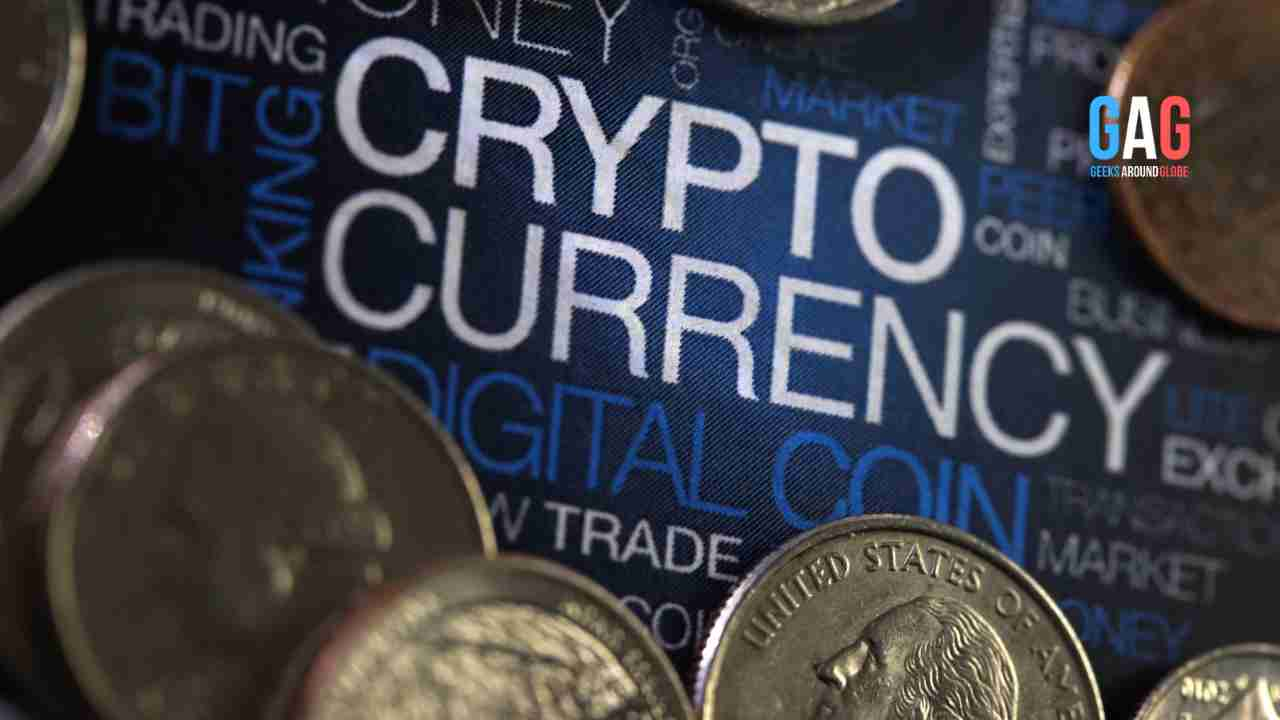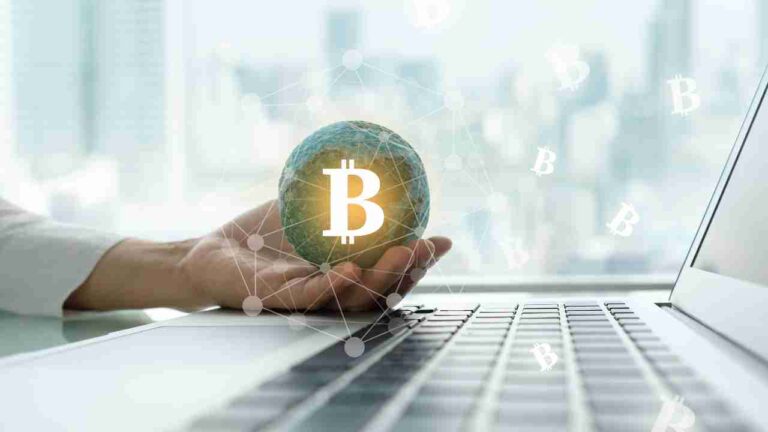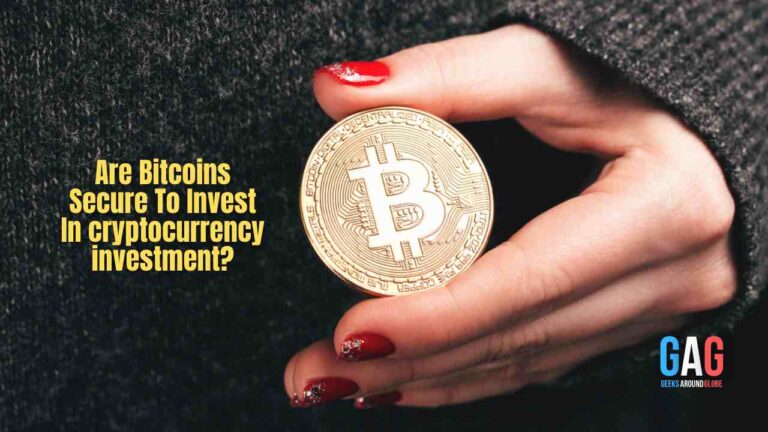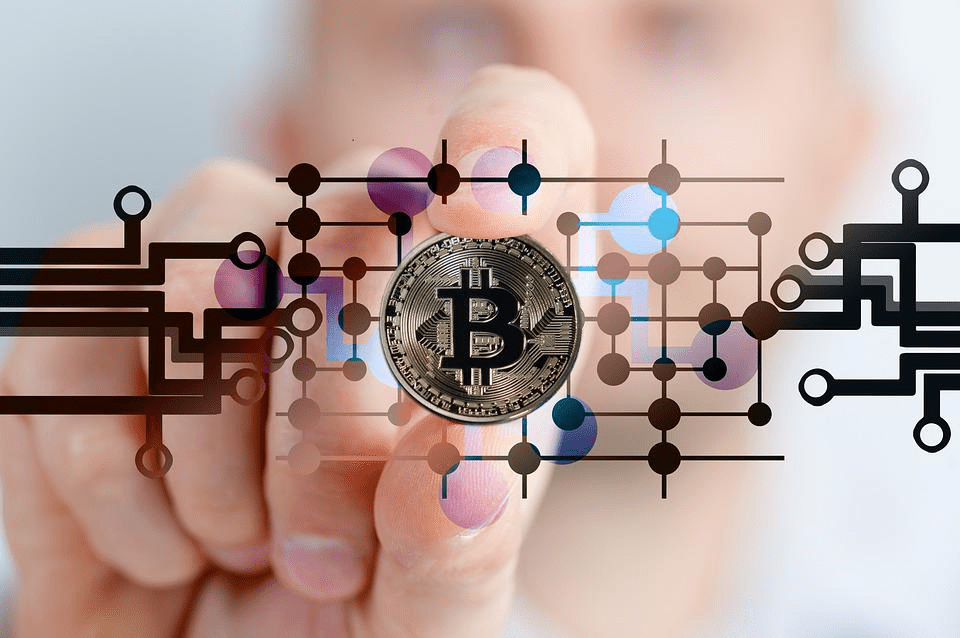It was a significant victory for the cryptocurrency industry.
In July, Ripple Labs Inc emerged successful in a court case where a U.S. judge ruled that the company did not violate federal securities law by selling its XRP token on public exchanges.
This outcome has far-reaching implications for the industry and sparked a surge in the value of XRP. While the ruling is specific to the case at hand, it has the potential to strengthen the position of other crypto firms contesting the regulatory jurisdiction of the U.S. Securities and Exchange Commission (SEC).
This development marks the first win for a cryptocurrency company against the SEC, setting a precedent for future legal battles.

Photo: Unsplash
How the court case came about
The court case between Ripple Labs and the SEC emerged from the SEC’s investigation into Ripple’s sale of XRP tokens.
The SEC alleged that Ripple conducted an unregistered securities offering worth $1.3 billion. Ripple argued that XRP is a digital currency, not a security, and falls under the jurisdiction of the CFTC.
They have a point. You can use crypto for a wide variety of uses right now. Go on to a website like Crypto Emporium and you can use it to buy a smartphone; in the world of online gambling, you might find a new casino no deposit bonus in 2023 offered by an exclusively crypto casino, something that wouldn’t have been possible just a few years ago. You can even travel to space with Bitcoin.
Yet, this didn’t stop the court case from going ahead. Over the last three years, the parties have volleyed back and forth their arguments which culminated in the final court session in July. There, Judge Analisa Torres decided that Ripple Labs were innocent of breaking securities laws by selling the token on public exchanges, potentially improving the landscape for crypto firms.
Positive Implications for Crypto Firms
The ruling provides a glimmer of hope for crypto firms engaged in similar legal disputes with the SEC. Their argument that their products do not fall under the regulator’s jurisdiction is strengthened as a result, and it could potentially alter the landscape of the crypto industry’s relationship with securities laws.
By establishing a precedent that some digital assets are not securities, this decision paves the way for increased legal certainty for crypto companies.
The crypto market certainly reacted favorably: Following the ruling, XRP experienced a remarkable surge, with its value soaring by 75% in just a few hours.
Coinbase, the largest U.S. crypto exchange, also announced the resumption of XRP trading on its platform, further fueling optimism and driving up Coinbase’s stock price by 24%.
Only a partial victory
Ripple isn’t quite out of the woods yet. The ruling also found that they did violate federal securities law by selling XRP directly to investors. The decision leaves room for the jury to determine whether Ripple’s executives aided in the violation of the law.
Whatever the outcome, the ruling will also lead to more robust regulations within the crypto industry to help create a more secure and transparent environment for investors.They may prompt politicians to renew their efforts in the US Congress to address the legal status of cryptocurrencies.
After all, establishing clear legal frameworks would enhance investor protection and encourage responsible innovation.
The future for crypto
The court ruling has led to a more positive outlook for the crypto industry than in recent months.
Ripple’s general counsel, Stu Alderoty, expressed optimism that the decision would encourage U.S. banks to reconsider using Ripple’s services, particularly its On-Demand Liquidity (ODL) product. The crypto firm aims to help banks and financial institutions facilitate fast and cost-effective money transfers using blockchain technology.
If U.S. banks do resume using Ripple’s products, it could be a significant development for the crypto industry. Major banks and companies worldwide are already exploring the use of cryptocurrencies and blockchain technology for payments. For example, JP Morgan introduced its own token, JPM Coin, and German software giant SAP is experimenting with Circle’s USD Coin stablecoin for faster overseas payments.
There may also be renewed confidence among financial institutions in using XRP and Ripple’s technology for the increased adoption of cryptocurrencies and blockchain-based solutions in the banking sector.
Yet, one thing that has marked the crypto industry until now is uncertainty. The impact of the Ripple court case on the broader crypto market will depend on various factors, including potential appeals, regulatory responses, and market dynamics.
What we know in a few months’ time may be very different from today and, if there’s one thing governments and banks don’t like, it’s unpredictability.







